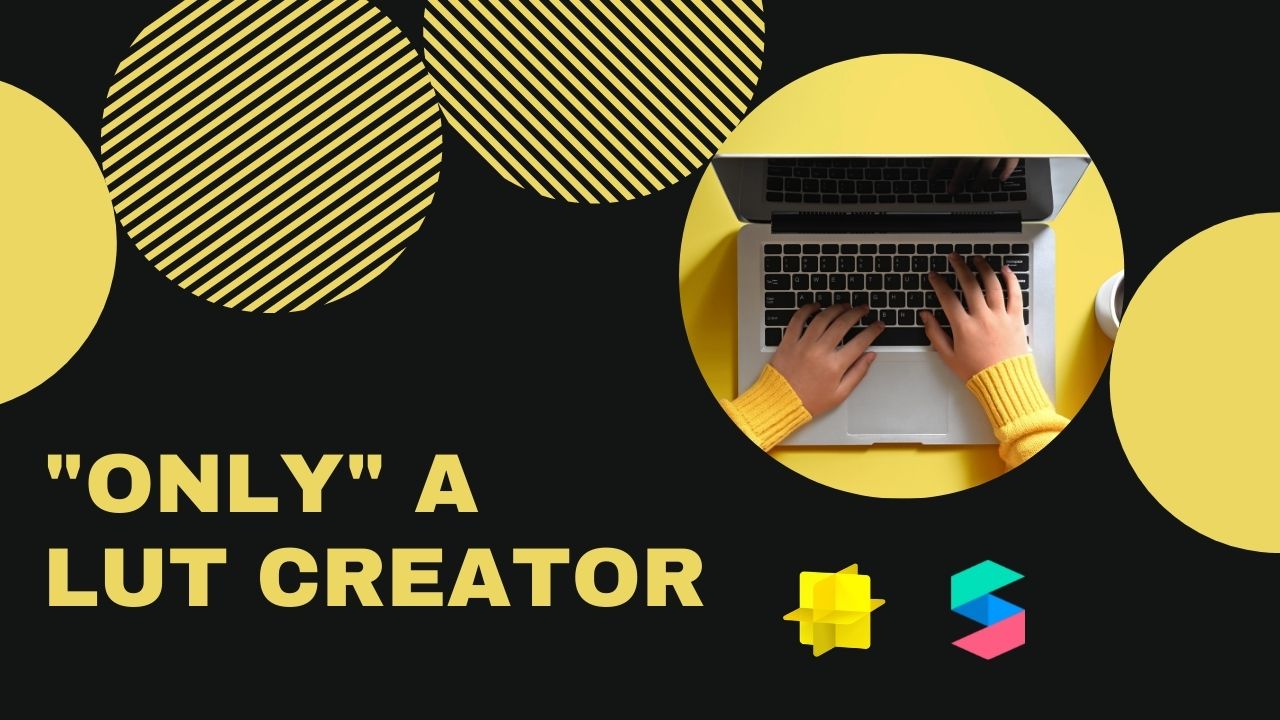"Only" a LUT creator

Introduction
I sometimes hear creators who make "advanced" filters and lenses talk about "simple" LUT/color correction/grain/overlay filters as if they were "inferior." This needs to stop.
I am going to be referring to any lens that primarily consists of a LUT/color correction, grain, or any other 2D overlay (like a frame around the image or an emoji crown) as a "simple" filter in this article just to keep things, well, simple.
Creating "simple" filters is a super accessible way to get started in augmented reality
Not all lens and filter creators have a background in computer/motion graphics, game design, or computer science. I know a creator who started out creating "simple" filters before they saw the potential of Lens Studio and started teaching themselves 3D. They are now a verified lens creator.
What if instead of receiving encouragement from the community, this individual had been talked down to because of the types of filters they were creating? Would they have kept at it and become a top AR creator? Personally, I almost quit making Snapchat lenses after my very first one. I shared it on Reddit and was accused of stealing someone else's idea. I had never heard of this individual before and had no idea you could even search for lenses. I had simply made something I thought was fun and was super discouraged by the reaction of this individual. But I kept at it and I'm super glad I did. Never talk about someone's filters as being inferior; they might be just getting started.
LUTs themselves are not necessarily easy to create
You need to have a good understanding of light and color to create a nice looking LUT/color correction filter. If you want to argue that you can just buy presets and make your filters with those, you can say the same for 3D models and other parts of "advanced" filters and lenses. Loading a LUT into Lens Studio or Spark AR is itself super easy to do, but creating the actual LUT can take some time and possibly lots of trial and error.
It's what the creator likes
A photographer might really enjoy sharing their presets as LUT filters and have no desire to create 3D face masks. A graphic designer might love creating intricate frames to celebrate different holidays. Perhaps a fan of vintage photography loves recreating different film effects with grain overlays. And that's okay. There are no rules about what types of effects you need to be creating to be called an augmented reality creator.
Users want simple
People love using "simple" filters. AR filters are often used in messaging, and quite often people want something simple to express their mood or enhance their photos and videos. I created a lens that does nothing more than sharpen the image and add a slight color correction. Within a few months it surpassed 1 billion views - that is billion with a "b." I don't need to raise my eyebrows and open my mouth to transform my head into a dragon every time I want to message someone. I just want something that I think looks good. Sometimes that is something crazy, but usually it's something simple.
They tell a story
We often look at AR filters and lenses in isolation; we forget that they can come in groups. Sure, someone might be creating lots of filters that individually are "simple." But sometimes these "simple" filters are part of a larger series that tell a story, express a feeling, or celebrate something. There are both technical and artistic sides to augmented reality, and I think often we focus too much on the technical side of things.
You can't stop the clout chasers
It is true that there are some AR creators who are pumping out "simple" filters left and right who see it as an easy path to verification (it's not). But some of those clout chasers are also creating "advanced" lenses and filters, so having some arbitrary cutoff for what constitutes a "real" AR filter won't stop that.
A real AR creator
If you enjoy making LUT filters, keep doing it. If you enjoy creating emoji crown filters, keep doing it. If you want to join the Spark Partner Network or become a Lens Creative Partner, you will probably need to move beyond the "simple" filters and venture into 3D or coding, but never think that you aren't an AR creator. If you enjoy what you are doing and are bringing joy to others, you are a successful creator.
Don't hate on people who are "only" making "simple" filters. Each creator is at a different place in their AR journey and each creator has their own goals. A real AR creator is someone who enjoys doing what they do, is constantly learning, and helping others. Let's build each other up.